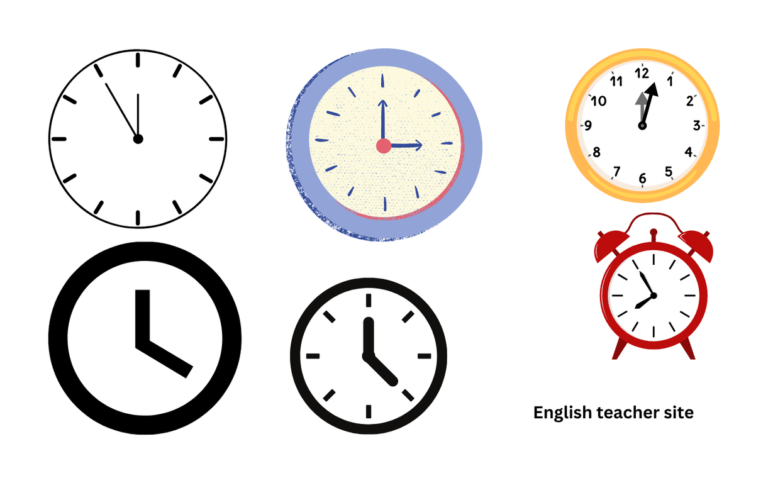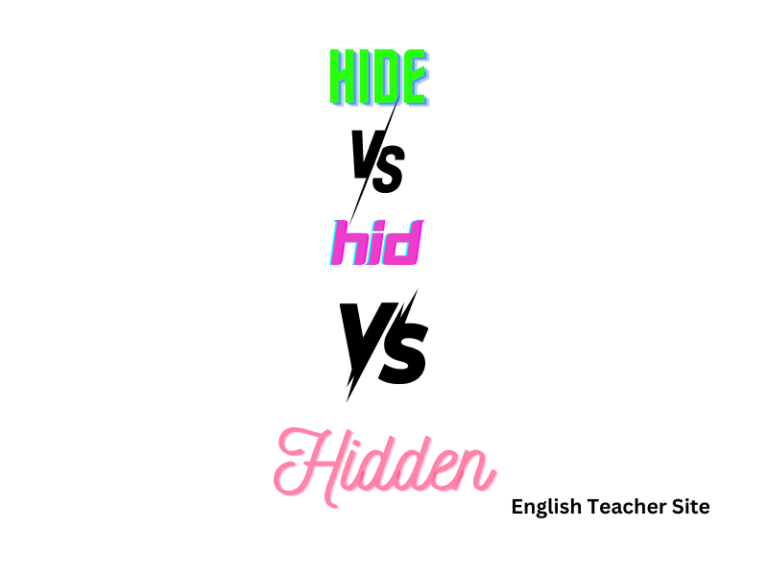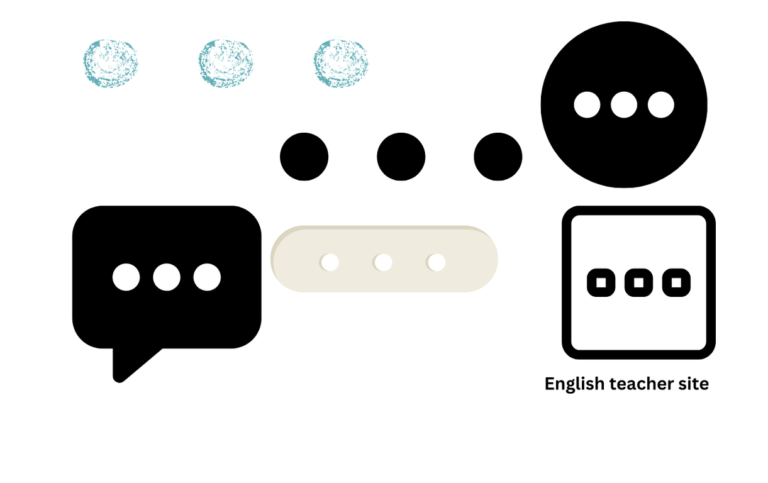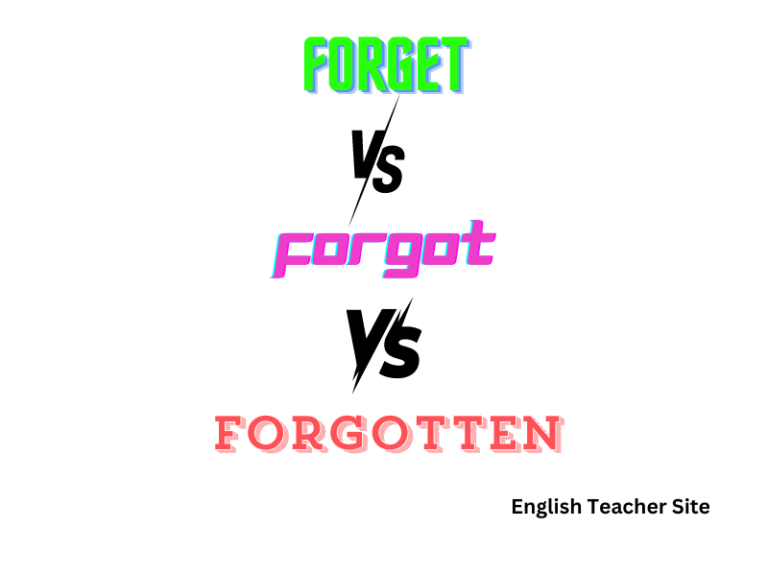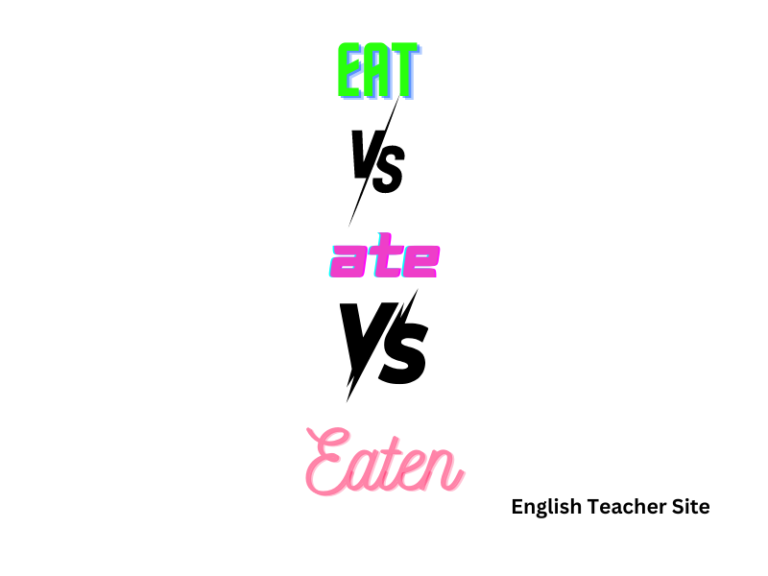Which is the Past Tense of Spell: Spelled or Spelt? Understanding the Correct Usage
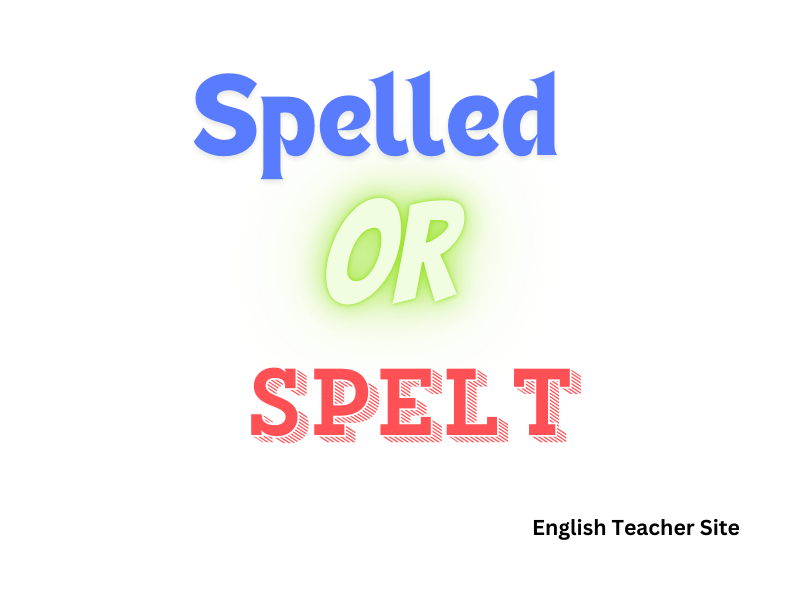
- “Spelled” is preferred in American English, while “spelled” and “spelt” are both used in British English.
- Regional norms largely dictate the correct usage of the past tense of “spell.”
- Awareness of the audience’s version of English ensures appropriate use of “spelled” or “spelt.”
The past tense of “spell” is a source of confusion for many, leading to the use of both “spelled” and “spelt.” While both forms are deemed correct, there are nuances that influence their use. The differentiation largely depends on the variety of English being used. American English predominantly uses “spelled,” whereas both “spelled” and “spelt” can be found in British English. It’s essential to recognize that neither form is technically incorrect, but the choice may be informed by regional norms and styles.
“Spelled” or “Spelt”? What’s the Past Tense of Spell?
The term spelled is the more common past tense and past participle form in American English. It uses the standard pattern of adding “-ed” to the base verb.
Spelt, on the other hand, is chiefly used in British English. It is considered an irregular form of the verb’s past tense, which does not end in “-ed”.
Below are tables outlining usage preferences in both American and British English:
American English
| Base Verb | Past Tense | Past Participle |
|---|---|---|
| spell | spelled | spelled |
British English
| Base Verb | Past Tense | Past Participle |
|---|---|---|
| spell | spelt/spelled | spelt/spelled |
To illustrate the usage in sentences:
- American English: “She spelled the word correctly on her first try.”
- British English: “He had spelt it wrong in his previous essay.”
- The forms “spelled” and “spelt” can both be correct.
- Spelled is preferred in American English.
- Spelt and spelled are both used in British English.
- It’s essential to consider your audience and the version of English they use.
Exploring Other Meanings of the Word “Spell”
A “spell” can refer to an indefinite period during which a series of events or conditions exists. For example:
- Weather patterns: A period of weather of a particular kind.
- A dry spell
- A cold spell
In another context, “spell” may denote a state of being under the influence of enchantment in stories involving magic and sorcery. This kind of “spell” is characterized by:
- Magic and witchcraft: An incantation with supposed magical power.
- A bewitching spell
- A curse
Additionally, “spell” functions as a verb relating to taking a turn at doing something. For instance:
- Taking one’s turn: To relieve someone by taking their place temporarily.
- To spell at the wheel
- To spell other rowers
The following tables summarize these alternative meanings:
Table 1: Spell as Periods of Time
| Type | Example Phrases |
|---|---|
| Weather | “a rainy spell” |
| Conditions | “a spell of work” |
Table 2: Spell in Magic and Taking Turns
| Context | Example Phrases |
|---|---|
| Magic | “to cast a spell” |
| Alternation | “to spell the cashier” |
Various Forms of the Verb “Spell”
Base Form: The infinitive or base form of the verb is simply “spell.”
Present Tense Forms:
- First Person Singular: I spell
- Second Person Singular: You spell
- Third Person Singular: He/She/It spells
- Plural: We/You/They spell
Past Tense Forms:
- Regular: “Spelled” – commonly used in American English.
- Irregular: “Spelt” – accepted in both British and American English but more prevalent in the UK.
Past Participle:
- Regular: “Spelled”
- Irregular: “Spelt”
The past participle is employed in perfect tenses and passive voice sentences. Just as with the simple past tense, both “spelled” and “spelt” serve as correct past participles.
Present Participle: The present participle or gerund form is “spelling,” which is used in continuous tenses and as a noun.
Tables may help to visualize the different forms:
| Tense | Regular Form | Irregular Form |
|---|---|---|
| Simple Past | Spelled | Spelt |
| Past Participle | Spelled | Spelt |
Another table to present the usage preference:
| Region | Preferred Past Form |
|---|---|
| American English | Spelled |
| British English | Spelled/Spelt |
Examples of “Spell” Used in Sentences
American English:
- She spelled out her name letter by letter.
- They had spelled every word correctly on the test.
British English:
- He spelt his surname incorrectly on the form.
- It’s commonly spelt as ‘colour’, not ‘color’ in the UK.
Here are two tables illustrating various sentence constructs using both forms of “spell” in past tense:
Table 1: Spelled in a Sentence
| Sentence | American English Preference |
|---|---|
| I spelled out the rules clearly. | Common |
| The word ‘canceled’ is usually spelled with one ‘l’ in the US. | Common |
Table 2: Spelt in a Sentence
| Sentence | British English Preference |
|---|---|
| The word ‘judgement’ is often spelt with an ‘e’ in the UK. | Common |
| She had always spelt her name with a ‘K’. | Common |
Examples using both forms:
- Yesterday, he spelled/spelt ‘judgment’ as ‘judgement’, which can be correct in different regions.
- Although she had spelled/spelt it wrong before, this time her spelling was impeccable.
Examples of the Word “Spelt” Used in Sentences
Casual Uses:
- “She spelt her name slowly for the customer service representative.”
- “Tom had spelt out the terms of the agreement to avoid any confusion.”
Formal Uses:
- “The treaty’s conditions were clearly spelt out by the delegates.”
- “The teacher noted that the word was incorrectly spelt on the board.”
Instances Where “Spelt” Is Used:
| Context | Sentence |
|---|---|
| Academic | His thesis spelt out the implications of the study. |
| Professional | He spelt out the project deadlines to his team. |
Comparison of “Spelt” in Different English Varieties:
| English Variety | Example Sentence |
|---|---|
| British | “She spelt out the legal jargon in layman’s terms.” |
| American | “Although less common, he spelt his last name with a ‘k’.” |
Examples of the Word “Spelled” Used in Sentences
- Simple Past: She spelled the word ‘antidisestablishmentarianism’ without hesitation.
- Expressing Continuity: He had spelled out the terms of the agreement for over an hour.
To further illustrate, consider two sentences in a context:
| Context | Sentence Using “Spelled” |
|---|---|
| Describing a past event/action | Yesterday, she spelled out her plan. |
| Narrating a story or past incident | In the story, the wizard spelled a word of power. |
- During the spelling bee, the contestant spelled every word correctly.
- The actor spelled her name for the interviewer.
Phrases Incorporating the Word “Spell”
Here are some regularly encountered phrases that use the word “spell” in a different context:
| Expression | Usage |
|---|---|
| to spell trouble | An indication that something will cause problems or difficulties in the future. |
| to spell out | To explain something in a very clear way with details. |
| under a spell | To be enchanted or charmed by someone or something. |
| to break the spell | To end a period of enchantment or charm. |
| to cast a spell | To use magical powers to make something happen. |
| a dry spell | A period during which something is absent or lacking, often used to refer to rain. |
| to have a spell of something | To experience a short period of a particular condition or feeling. |
- “To spell trouble” might be used when an unexpected event seems likely to complicate matters.
- “To spell out” something is often necessary when clarity is crucial, such as in legal documents.
- When someone is “under a spell“, it can allude to a strong, almost magical influence exerted by someone or something.
- Conversely, “to break the spell” suggests restoring reality or ending an enchanting influence.
- In fantasy or mythology, “to cast a spell” reflects the use of supernatural forces.
Lastly, “a dry spell” and “to have a spell of something” represent the more figurative uses of the term to describe a period or phase, often of weather or health, respectively. Thus, the versatility of the word “spell” is evident in its widespread idiomatic usage.
Unveiling the Origin of the Word “Spell”
The etymology of the word “spell” is compelling and reflects a history steeped in linguistic evolution. Tracing its origin, “spell” comes from the Old English word “spellian,” which means to tell or to talk. Over time, its use has transformed significantly.
The progression of “spell” can be mapped as follows:
- Old English (450-1100 AD): “Spellian” simply meant “to tell or talk.”
- Middle English (1100-1500 AD): The application of “spell” expanded to involve saying or writing words in the correct order.
Modern usage of the word “spell” adheres more closely to the latter definition, emphasizing the assembly of letters in the proper sequence to form words. Here, it’s important to note that “spell” entails both the process of spelling as well as the capacity to charm or entice through words.
Sources
My name is Khamis Maiouf. I am the creator of the English Teacher Site, dedicated to providing valuable resources and insights for students around the world. With a passion for education and a commitment to helping students enhance their skills, I aim to make English teaching more effective and enjoyable for both educators and students.

